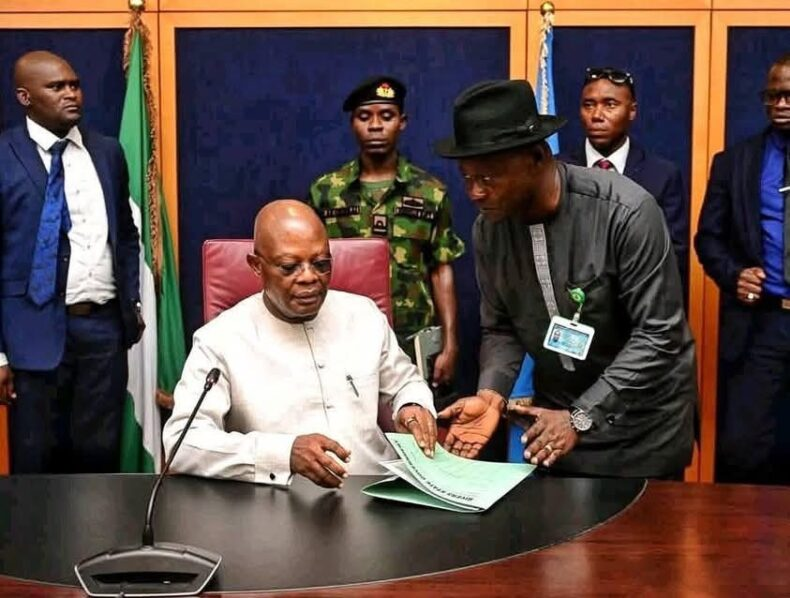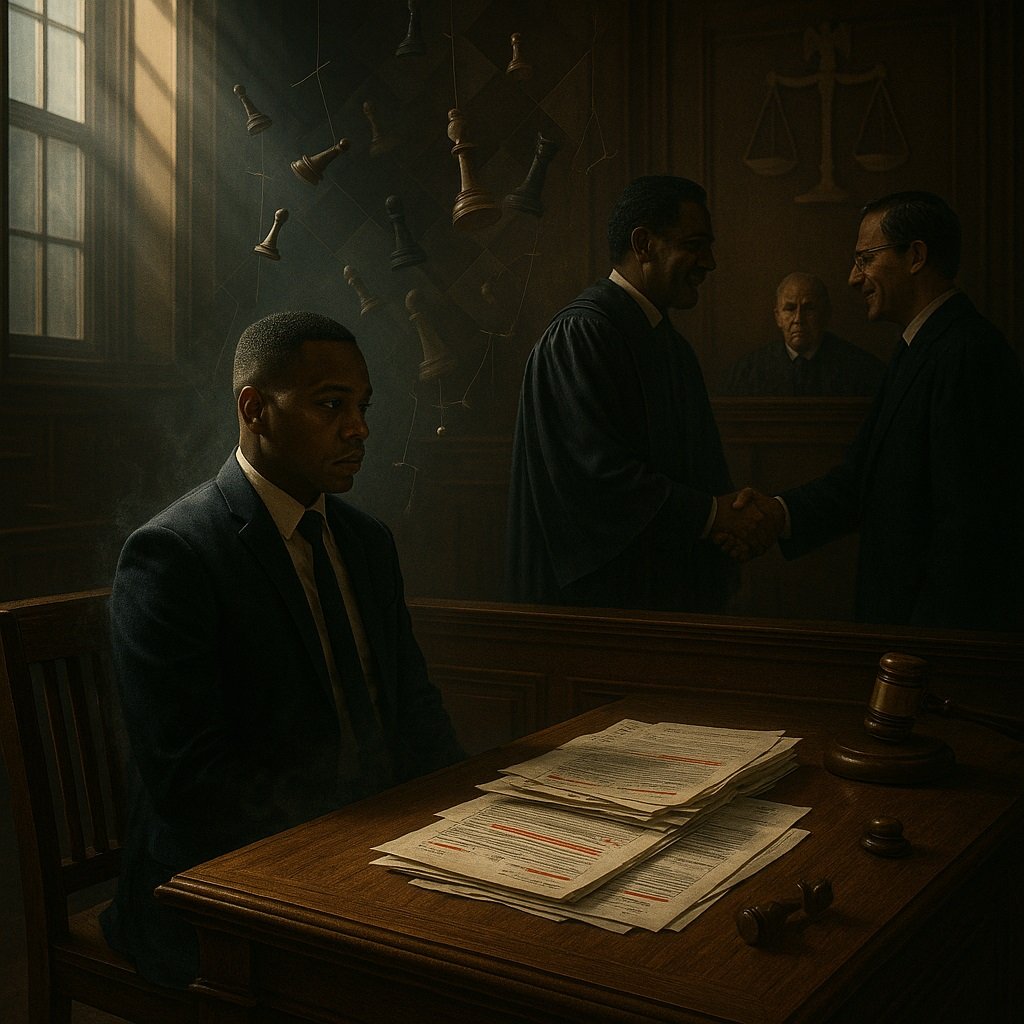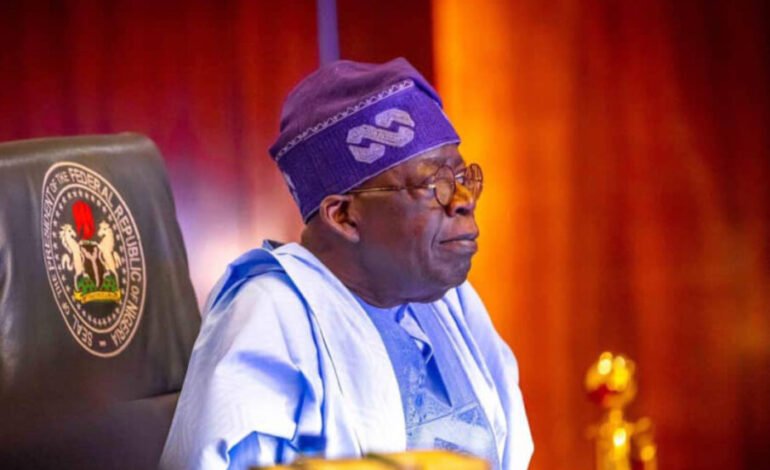Basil Odilim
Bola Ahmed Tinubu’s presidency in Nigeria has raised significant questions about the leader’s global vision and his ability to fulfill the immense potential expected of him. Coming from a background steeped in cosmopolitan experiences—having spent his youth between the diverse landscapes of Lagos and Chicago—Tinubu seemed poised to bring a new era of leadership to Nigeria. However, as his time in office progresses, the gap between expectations and reality grows. Many are left wondering: Where are the cosmopolitan ideals he once represented, and why do his dreams for Nigeria seem so small in comparison to the vast challenges the country faces?
Tinubu’s cosmopolitan upbringing was supposed to be a defining feature of his presidency. Growing up in Lagos, a vibrant economic hub, and later in Chicago, a city of global significance, offered him an array of experiences that could have translated into a dynamic, outward-looking leadership style. The expectation was that such a background would foster a forward-thinking, global-minded approach to governance. Yet, his leadership has been marked by a stark contrast: a tendency towards secrecy, an avoidance of international media, and a reluctance to engage with global audiences. This has led to a perception that Tinubu, despite his cosmopolitan roots, has failed to leverage these experiences to project Nigeria on the world stage.
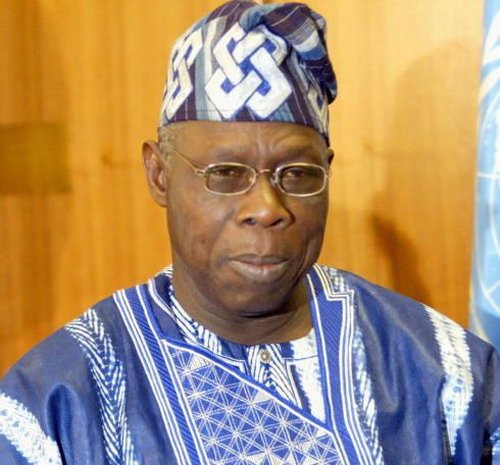
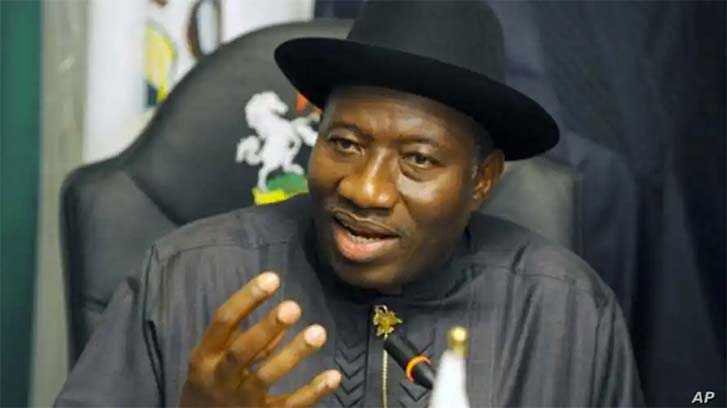
In comparison, previous Nigerian leaders, such as Olusegun Obasanjo and Goodluck Jonathan, despite their vastly different backgrounds, understood the importance of global engagement. Obasanjo, for example, demonstrated a keen awareness of Nigeria’s role in international affairs. His leadership was characterized by active diplomacy, frequent engagement with the media, and a constant presence on the world stage. Jonathan, although not as outwardly cosmopolitan, quickly embraced the need for international cooperation, working to strengthen Nigeria’s relationships with the global community.
Tinubu, on the other hand, has been noticeably less visible on the international stage. His lack of engagement with global media and world leaders is concerning, especially given that he leads Africa’s most populous country and largest economy. This absence has not only hindered Nigeria’s diplomatic reach but has also made it difficult for Tinubu to establish himself as a credible leader on the global stage. While other African leaders, such as South Africa’s Cyril Ramaphosa and Kenya’s William Ruto, have used their platforms to advocate for the continent, Tinubu’s presidency has been marked by a quiet, sometimes elusive, approach to international leadership.
Another key criticism of Tinubu’s leadership is the apparent lack of big dreams or transformative vision for Nigeria’s future. His presidency, at least in its early stages, has lacked the boldness that characterized the campaigns of other prominent Nigerian leaders, such as Atiku Abubakar and Peter Obi. Both Abubakar and Obi entered the race with clearly defined, ambitious plans for economic reform, technological advancement, and societal change. They spoke with passion about reshaping Nigeria’s future, inspiring young Nigerians with their bold ideas.
Tinubu, by contrast, has seemed more focused on consolidating power within existing structures rather than challenging the status quo or offering new paradigms for the country’s growth. His policy proposals and speeches have often lacked the vibrancy that could inspire a nation hungry for progress. His leadership does not appear to be driven by the kind of transformative dreams that would propel Nigeria forward on the global stage. Instead, it seems tethered to maintaining the traditional power dynamics, with little regard for innovating or breaking away from the old ways of doing things.
This lack of vision is particularly troubling in the context of the global challenges Nigeria faces. With a rapidly growing population, a struggling economy, and the urgency of addressing climate change, the country needs a leader who can chart a bold, new course. Tinubu’s leadership, however, has thus far failed to offer that. It is this absence of grand ambition—coupled with a reluctance to engage with younger, more diverse voices in Nigerian society—that has led many to question whether Tinubu is truly the visionary leader Nigeria needs at this critical moment in its history.
Tinubu seems to be avoiding global media to keep his life’s secrets secret. One of the most striking aspects of Tinubu’s leadership style has been his avoidance of global media. While leaders like Obasanjo, Jonathan, and even Muhammadu Buhari took to the world stage regularly, Tinubu has remained largely silent, reluctant to engage in interviews or address pressing issues through international media outlets. In a time when global attention on Nigeria is heightened due to its economic and political significance, such reticence raises concerns about the president’s ability to navigate the complexities of international relations.
Take the ongoing Shettima-Badenoch incident. The recent media controversy involving Tinubu’s Vice President, Kashim Shettima, and Kemi Badenoch, the Conservative Party leader in the UK, highlights the internal divisions and mismanagement that plague his administration. The public back-and-forth between Shettima and Badenoch over diplomatic and political issues has created unnecessary diplomatic tension, something that Tinubu should have been able to control. Instead of taking charge of the situation, Tinubu’s silence has allowed the conflict to escalate, further diminishing his leadership stature on the global stage.
In this context, Tinubu’s leadership approach appears both reactive and disjointed. A more cosmopolitan leader, one with global aspirations, would have seized the opportunity to calm the situation, strengthen bilateral ties, and maintain Nigeria’s image as a stable, forward-thinking nation. Instead, the affair has become a spectacle, undermining Nigeria’s diplomatic standing. For a president who should be engaging with international leaders and addressing key global issues, Tinubu’s inability to manage this crisis is another sign of missed opportunities and poor leadership.
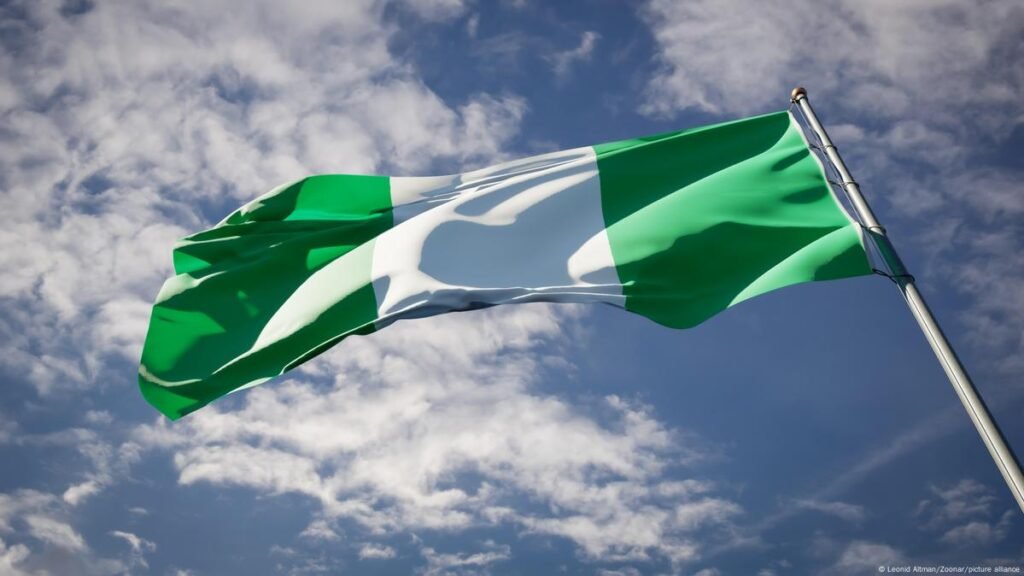
Nigeria, as Africa’s largest economy and most populous nation, should have a president who is not only focused on national governance but also on continental leadership. Tinubu, with his cosmopolitan background, should have been at the forefront of discussions on Africa’s future, championing the continent’s economic and political interests. He should be actively working to build relationships with other African leaders, particularly those in West Africa, to drive regional integration and cooperation.
Instead, Tinubu’s presidency has largely ignored the potential to strengthen Nigeria’s leadership role in Africa. Rather than actively participating in the African Union or engaging with regional bodies, he has appeared more concerned with internal politics than the broader continental agenda. The opportunity to present Nigeria as the leader of a new, united Africa is slipping away under his leadership.
So far, Tinubu’s presidency represents a significant departure from the cosmopolitan ideals and big dreams that many had hoped would characterize his leadership. His failure to engage with global media, his lack of visionary goals for Nigeria’s future, and his ongoing secrecy all contribute to a leadership that is both opaque and uninspiring. In contrast to leaders like Obasanjo and Jonathan, who embraced their roles as global statesmen and champions of African progress, Tinubu’s presidency has been marked by hesitation, missed opportunities, and internal divisions.
For Nigeria to reclaim its place as a leader on the global stage, Tinubu must confront his past, embrace transparency, and begin to articulate a bold vision for the future. It is not enough to lead with small dreams and retreat from the media; Nigeria deserves a president who will dare to dream big and lead with confidence. The question remains: Will Tinubu rise to the challenge, or will his presidency be defined by the missed opportunities and quiet leadership that has so far characterized his time in office?

